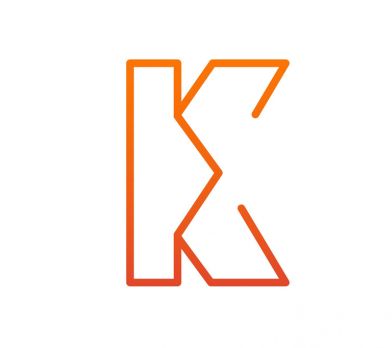Machine learning (ML) models, the engines driving the artificial intelligence revolution, are only as good as the data they're trained on. High-quality labeled datasets are foundational for developing accurate and reliable ML models. However, acquiring such datasets is often challenging, especially when it involves subjective judgments or complex scenarios. Consensus-based labeling emerges as a powerful solution to ensure high-quality data. This approach leverages the collective wisdom of multiple labelers to achieve a consensus on the correct labels for training data.
The Challenge of Label Quality
Labeling, the process of assigning ground truth labels to data samples, directly impacts the performance of ML models. Inaccurate or inconsistent labels can mislead the training process, leading to models that perform poorly in real-world applications. The challenge intensifies with tasks that require subjective judgment or expertise, such as medical image diagnosis or sentiment analysis, where even experts may disagree.
Consensus-Based Labeling
Consensus-based labeling addresses these challenges by involving multiple labelers for each data point and using their collective judgments to determine the final label. This approach is rooted in the wisdom of crowds theory, which suggests that aggregate answers from a group are often more accurate than those from its individual members. By averaging out subjective biases and errors, consensus-based labeling can significantly enhance label accuracy and consistency.
How It Works
- Multiple Annotations: Each data point is labeled by several annotators independently.
- Aggregation Method: The labels from all annotators are aggregated using a specific method, such as majority voting, weighted consensus based on annotator reliability, or advanced models that account for labeler expertise and task difficulty.
- Quality Control: Additional mechanisms, like spot-checking labels with known answers or expert review, ensure the reliability of the consensus process.
Benefits of Consensus-Based Labeling
- Improved Accuracy: Leveraging diverse perspectives reduces individual biases and errors, leading to more accurate labels.
- Robustness to Ambiguity: For tasks with inherent subjectivity, consensus helps identify a "ground truth" that reflects a balanced view.
- Enhanced Labeler Performance: Knowing that their work will be compared with others encourages labelers to maintain high standards of quality.
- Flexibility and Scalability: This approach can easily scale to large datasets and diverse tasks by adjusting the number of labelers and the aggregation method as needed.
Real-World Applications
Consensus-based labeling has been successfully applied in various domains:
- Healthcare: In medical image annotation, multiple radiologists review images to ensure diagnoses are accurate and account for potential variability in interpretation.
- Natural Language Processing (NLP): Sentiment analysis projects often use consensus to handle the subjective nature of sentiment labels.
- Autonomous Vehicles: Labeling the vast amounts of data required for training autonomous driving systems benefits from consensus to ensure the reliability of object detection and classification.
Implementing Consensus-Based Labeling
Organizations can implement consensus-based labeling through several steps:
- Select an Appropriate Aggregation Method: Choose a method that suits the task complexity and the level of expertise of the labelers.
- Ensure a Diverse Group of Labelers: Diversity in labelers’ backgrounds can enrich the consensus process.
- Incorporate Quality Control Mechanisms: Use spot checks and expert reviews to maintain high standards.
- Leverage Labeling Platforms: Many data labeling platforms offer built-in tools for consensus-based labeling and quality control.
High-quality Data Labeling Services at Kotwel
At Kotwel, we can help you with data labeling tasks for image, text, audio and video datasets. Get in touch with us to learn more about our solutions and services.
Kotwel is a reliable data service provider, offering custom AI solutions and high-quality AI training data for companies worldwide. Data services at Kotwel include data collection, data labeling (data annotation) and data validation that help get more out of your algorithms by generating, labeling and validating unique and high-quality training data, specifically tailored to your needs.
Frequently Asked Questions
You might be interested in:
What is Image Annotation? Image annotation is just a fancy term for labeling image for the purpose of providing additional information about it. Annotated images can be used to train an AI to recognize parts of an image so that it could identify similar […]
Read MoreWhat Is AI Training Data? AI training data is the fuel that powers AI. It is the raw material, or inputs, that provide machine learning algorithms with information about so-called domain knowledge. This input is used to teach machines how to learn what differentiation […]
Read More

